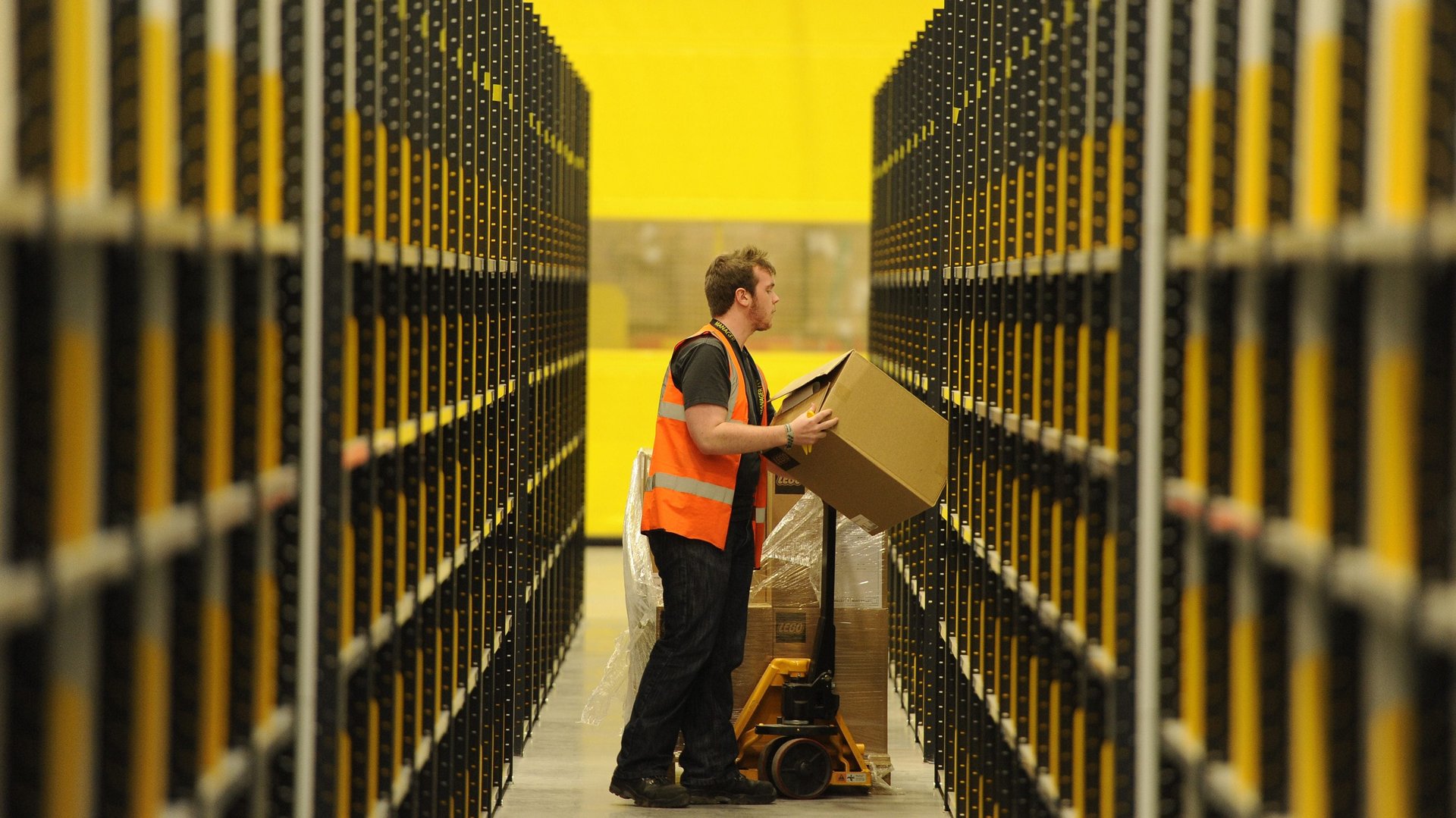It’s time to focus on the work problems of today—not the future
After years reporting on topics that are often categorized under “the future of work,” I can barely type the phrase anymore without wincing a little. Because the “future of work” is a perennial debate that has gone nowhere for centuries. Today, you’re likely to hear about AI replacing humans in factories or at banks. Nearly 500 years ago, Queen Elizabeth I supposedly denied an English inventor named William Lee a patent for an automated knitting contraption because she wanted to protect women who made their living by knitting.


After years reporting on topics that are often categorized under “the future of work,” I can barely type the phrase anymore without wincing a little. Because the “future of work” is a perennial debate that has gone nowhere for centuries. Today, you’re likely to hear about AI replacing humans in factories or at banks. Nearly 500 years ago, Queen Elizabeth I supposedly denied an English inventor named William Lee a patent for an automated knitting contraption because she wanted to protect women who made their living by knitting.
Working takes up a lot of human hours, and, for better or worse, it is often the means through which people contribute to a community, develop status, or form their identities. It is so fundamental to our society that suggesting it’s about to change is akin to suggesting that society itself is about to change. I think that’s why the topic of the “future of work” provokes so much interest and anxiety—and has for many, many years.
But we don’t need to look into the future to see problems in the way we work or evidence that our society is always changing. The old 9-to-5 mindset can make life hard—right now—for working families and older workers who increasingly cannot or do not want to retire; the skills most in demand are changing, and the skills of the workforce are not keeping up; the way we deliver basic benefits is flawed; what counts as “work” leaves out a lot of extremely valuable labor; and workers wages are stagnant even in a growing economy.
The only real way to address the future of work is by solving problems with the present of work first. Those problems don’t require a science fiction writer to concoct future potential scenarios, just attention.